
What do they all have in common? They are legally barred from suing the Department of Defense for damages.
The House Armed Services Committee Subcommittee on Military Personnel held a hearing titled "Feres Doctrine - A Policy in Need of Reform?"
What is the Feres Doctrine? The Feres Doctrine originates from United States v. Feres (1950), which itself was a consolidation of three separate plaintiffs in three separate cases: Feres, Jefferson, and Griggs. The executrix of Feres filed a lawsuit against the United States on behalf of he son that died in a barracks fire in Pine Camp, NY (present-day Fort Drum). It was alleged that the government should have known of a defective heating plant, which caused the fire, and that there was an inadequate fire watch, both of which led to the death of her son. In Jefferson, the plaintiff was required to go under an abdominal operation. Several months later, in the course of another operation, a 30 inch by 18-inch towel marked “Medical Department U.S. Army” was discovered and removed. The plaintiff alleged that the towel was negligently left by the Army. In the third case that was consolidated, the widow of Griggs alleged that he received negligent medical treatment from Army surgeons, which was the proximate cause of his death. In each case, each claimant sustained injury on active duty, which was a result of the negligent actions of others.
In Feres, the Court used a three-prong analysis to come to the conclusion that actions by servicemembers against the government in cases where the claimant suffered injury through negligent action could not succeed. The Court first found that the relationship between the Government and the members of the armed forces is “distinctly federal in nature.” Second, the Court found that there were generous statutory “no-fault” compensation schemes in place for injuries to servicemembers. Finally, the Court found that the crux of good order and discipline in the military would be compromised if soldiers could maintain suits for injuries suffered from negligent orders or acts committed in the course of military duty.
As was discussed in the hearing today, what this case functionally means is that military members can't sue for ordinary negligence - a car accident on base involving two vehicles both driven by military members that kills one of the members or a barracks building being negligently constructed and falling on an active duty sevicemember being prime examples. Further, the application of the Feres Doctrine means that active duty servicemembers can't sue the Department of Defense, meaning that a military hospital worker who threw acid on a military officer can be criminally charged, but the victim of the attack can't sue the Defense Department for her injuries.
Over the next few weeks, I will discuss each of these original rationale, and rationale added and discussed by the subsequent cases to offer insight on this powerful doctrine and analyze current attempts to alter its force and effect.
Part 2 - "Distinctly Federal"

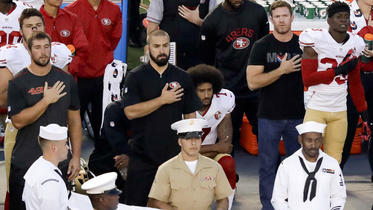
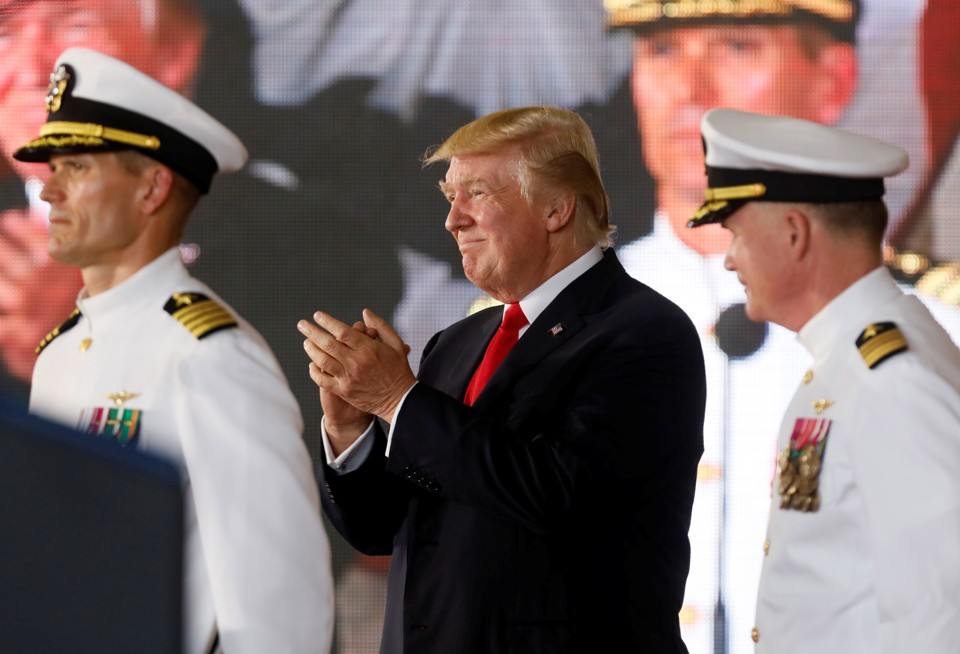
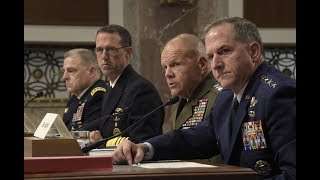
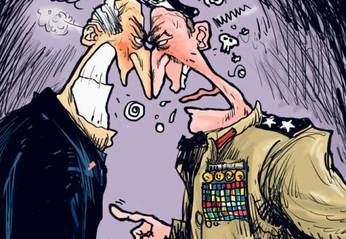
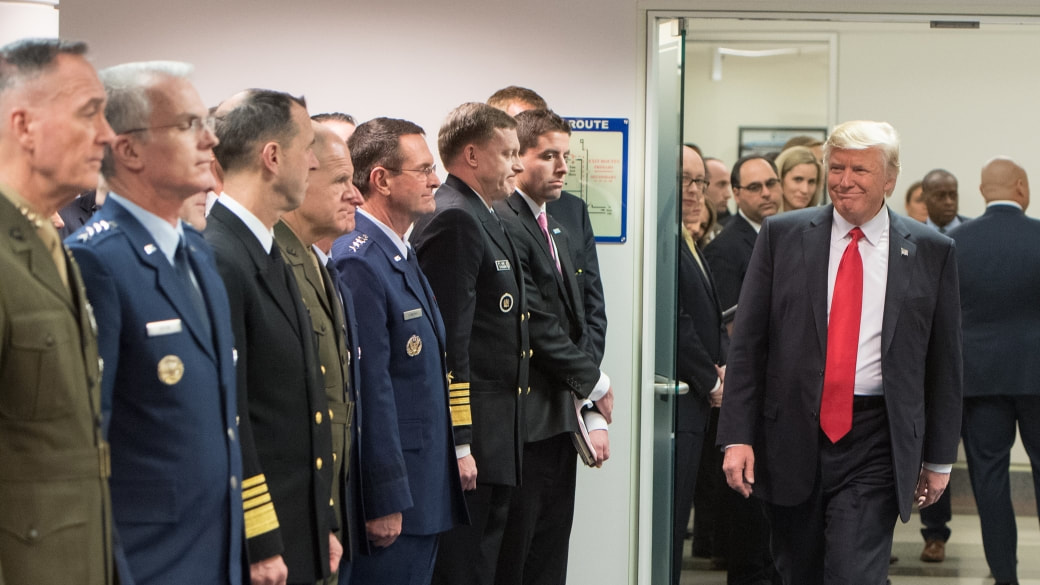
 RSS Feed
RSS Feed
